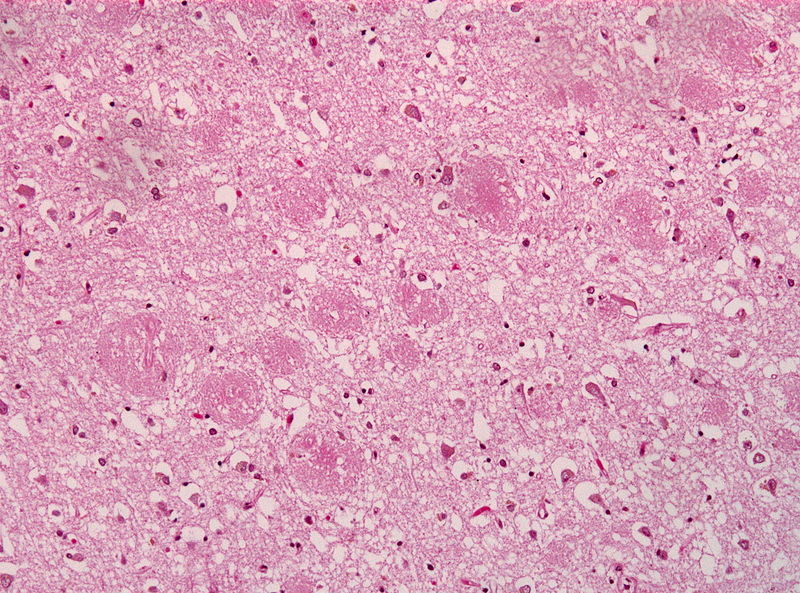How vitamin D may help clear amyloid plaques found in Alzheimer’s
March 9, 2012
UCLA researchers have identified the intracellular mechanisms regulated by vitamin D3 that may help the body clear the brain of amyloid beta, the main component of plaques associated with Alzheimer’s disease.
The early findings show that vitamin D3 may activate key genes and cellular signaling networks to help stimulate the immune system to clear the amyloid-beta protein.
Previous laboratory work by the team demonstrated that specific types of immune cells in Alzheimer’s patients may respond to therapy with vitamin D3 and curcumin, a chemical found in turmeric spice, by stimulating the innate immune system to clear amyloid beta. But the researchers didn’t know how it worked.
“This new study helped clarify the key mechanisms involved, which will help us better understand the usefulness of vitamin D3 and curcumin as possible therapies for Alzheimer’s disease,” said study author Dr. Milan Fiala, a researcher at the David Geffen School of Medicine at UCLA and the Veterans Affairs Greater Los Angeles Healthcare System.
“Our findings demonstrate that active forms of vitamin D3 may be an important regulator of immune activities of macrophages in helping to clear amyloid plaques by directly regulating the expression of genes, as well as the structural physical workings of the cells,” said study author Mathew T. Mizwicki.
According to the team, one of the next stages of research would be a clinical trial with vitamin D3 to assess the impact on Alzheimer’s disease patients. Previous studies by other teams have shown that a low serum level of 25–hydroxyvitamin D3 may be associated with cognitive decline.
It is too early to recommend a definitive dosage of vitamin D3 to help with Alzheimer’s disease and brain health, the researchers said. They add that ongoing studies are showing that vitamin D3 may be beneficial in reducing the incidence of a growing number of human diseases.
Mathew T. Mizwicki, et al., Genomic and Nongenomic Signaling Induced by 1α,25(OH)2-Vitamin D3 Promotes the Recovery of Amyloid-β Phagocytosis by Alzheimer’s Disease Macrophages, Journal of Alzheimer’s Disease, 2012; Pages 51-62 [link]
